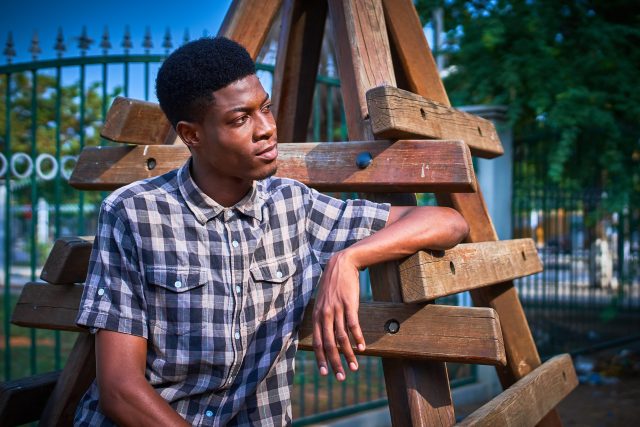The Kongo language, also known as Kikongo, is one of Bantu languages spoken by approximately 9 million people mainly in the Democratic Republic of the Congo, the Republic of the Congo and Angola. Speakers of the Knogo language are known as the Kongo and Ndundu people. Also, due to the history of African people who were enslaved, taken from their lands and sold as slaves, the language is spoken in such countries as the US, Brazil, Cuba, and Haiti. It is worth to mention that people in these countries mainly speak creolized forms of the language. These are Palenquero creole spoken by descendants of escaped black slaves in Colombia, Habla Congo, also known as Habla Bantu used in the Afro-Cuban Palo religion, and Haitian Creole.The Kikongo language is also considered to be the source of the Gullah language.
Nevertheless, the vast majority of people who speak the Kongo language live in Africa. There are about 5 million people who speak Kongo as their first language, and 2 more million who speak it as a second language.
The Kongo language is also considered to be the base for a creole used in the Democratic Republic of the Congo and the Republic of the Congo. The creole is known as Kikongo, Kituba, and Monokituba (sometimes spelled as Munukituba).
Although there is no standard orthography of Kikongo, it is widely used in written literature, such as newspapers, pamphlets, and some books. Nevertheless, it is worth to mention that the Kongo language was the first Bantu language to adopt the Latin script. Furthermore, the Kikongo language was the first among all Bantu languages to have a dictionary. The dictionary with about 10,000 words was written in about 1648. In the 1780s, some more dictionaries were created by French missionaries.
Although no version of it exists today, it is known that a catechism was published in 1557 by Diogo Gomes, a Jesuit born in Kongo of Portuguese parents. Nearly 100 years later, in 1624, the edited translation of the Portuguese catechism of Marcos Jorge was published by another Portuguese Jesuit – Mateus Cardoso.
The modern orthography of the Kongo language was developed in 1879 by Baptist missionaries. The first grammar of the Kongo language was published along with a new dictionary by W. Holman Bentley in 1887.




